Do Vegetarians Eat Cheese? Exploring the Vegetarian-Friendly Options

- Key Takeaways
- Understanding Vegetarian Diets
- Can Vegetarians Eat Cheese?
- Reading Cheese Labels
- Conclusion
- FAQs
Are you a vegetarian wondering if cheese can be part of your diet? You need to know that not all cheeses are created equal; some contain animal rennet, an ingredient extracted from the stomach lining of calves.
This blog will enlighten you about the mysteries behind various kinds of cheese and shed light on whether they align with a vegetarian lifestyle or not. Get ready for a cheesy expedition!
Key Takeaways
- Not all cheeses are suitable for vegetarians, as some contain animal rennet.
- Vegetarians can still enjoy cheese by choosing options made with vegetarian rennet or microbial enzymes.
- Soft cheeses like paneer and cottage cheese, as well as many artisanal and plant-based cheeses, are suitable for vegetarians.
- Reading cheese labels carefully is important to ensure the cheese is vegetarian-friendly and free from animal rennet.
Understanding Vegetarian Diets
There are different types of vegetarians, each with their own variations and restrictions on what they can or cannot consume.
Exploring the world of vegetarianism reveals a spectrum of dietary choices and restrictions that are as diverse as the individuals who adhere to them.

- A Lacto-vegetariandiet includes dairy products but excludes meat, poultry, fish, and eggs. This diet allows vegetarians to still gain necessary nutrients like calcium and vitamin D from dairy sources.
- Conversely,Ovo-vegetarians opt for including eggs in their dietary regime while excluding meat, poultry, fish, and dairy products – offering an alternative nutrient source in lieu of meat and dairy products.
- Lacto-ovo vegetarians include both, dairy products and eggs in their diet but exclude meat, poultry & fish products. More variety in the spectrum of consumption allows them to have a well-balanced diet & a nutritious meal without difficulty.
- Flexitarians predominantly adhere to a vegetarian routine but allow themselves occasional indulgences in meat-based meals - providing a solution for those struggling with fully committing to a vegetarian lifestyle.
- Finally, there are Raw vegans – they follow a strict regimen that is restricted to uncooked and unprocessed plant-based foods only – representing a less common yet profound commitment towards ethical food consumption practices.
Can Vegetarians Eat Cheese?
Vegans can eat cheese as long as it is made with vegetarian rennet and does not contain any animal products.
Animal rennet and vegetarian rennet are two different types of enzymes used in the cheese-making process. Animal rennet is derived from the stomach lining of young calves, while vegetarian rennet is sourced from plant-based ingredients or microbial sources.
One key difference between the two is that animal rennet contains an enzyme called chymosin, which helps to coagulate or solidify milk and form curds necessary for cheese production. On the other hand, vegetarian rennet uses alternative enzymes like microbial or vegetable-based substitutes to achieve the same coagulation process.
This means that cheeses made with animal rennet are not suitable for vegetarians, while those made with vegetarian rennet can be enjoyed by individuals following a plant-based diet.
Ethical considerations within cheese production opens up a complex dialogue. For many traditional cheeses, animal-based rennet - an enzyme found in calves' stomachs - is used.
This particular process often connotes unsavory implications for animals and may not sit well with vegetarians driven by ethics. Further intensifying this issue are conditions regarding dairy farming in general.
Elements such as the potential exploitation of animals and clear contributions to climate change present challenges that extend beyond the confines of purely dietary restrictions.
That said, there's an increasingly popular shift towards alternative methods. Cheese manufacturers now use microbial or plant-based rennet - alternatives that do not involve harm to animals while still offering consumers an expansive variety of vegetarian-friendly cheeses.
And with the rise in veganism and flexitarian diets, plant-based cheeses provide appealing options not only catering to ethics but also environmental consciousness, thereby transforming conventional cheesemaking standards on their head.
Types of cheeses suitable for vegetarians
- Soft cheeses like paneer and cottage cheese are safe options for vegetarians.
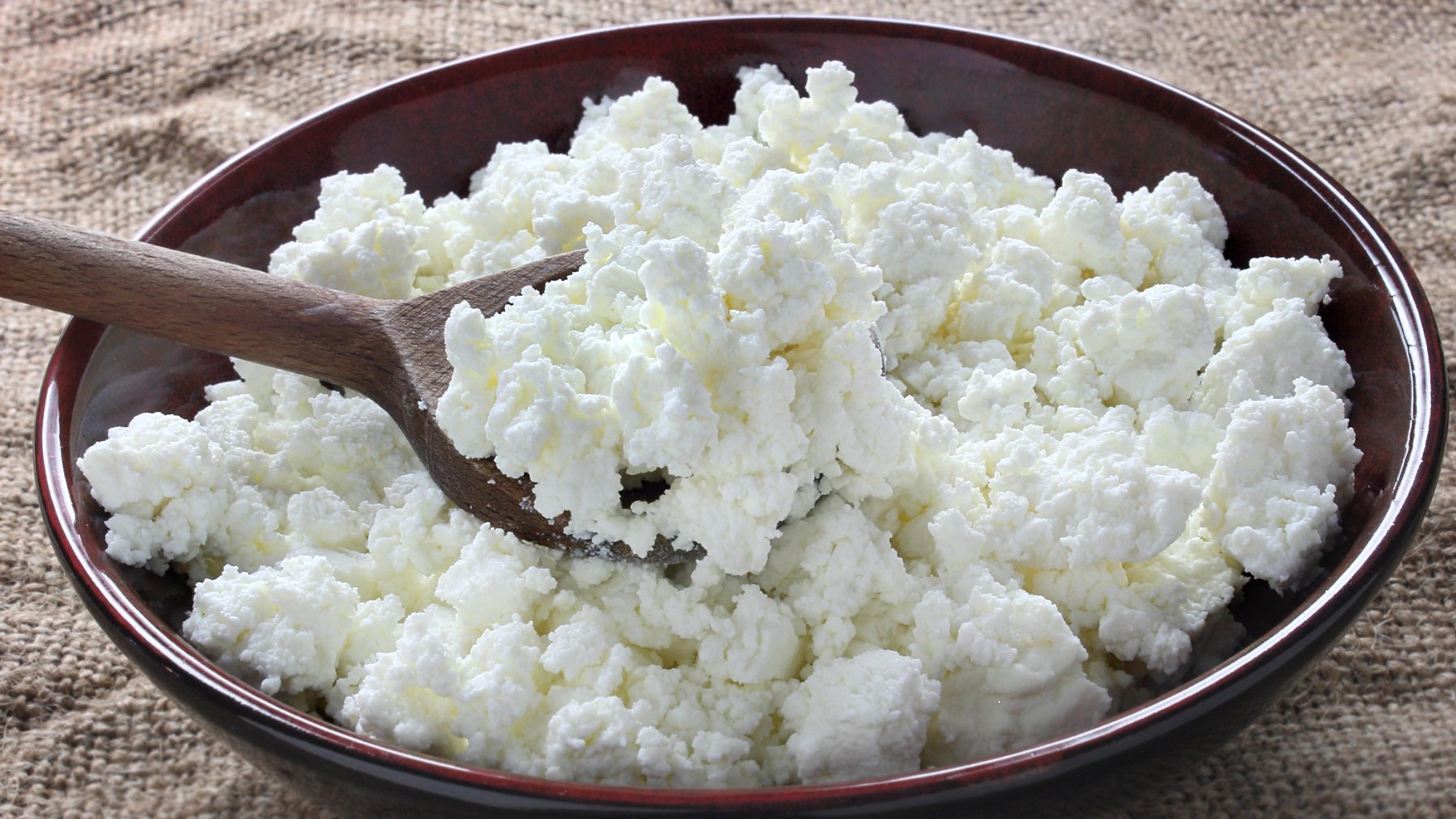
- Many artisanal cheeses made with vegetarian rennet are suitable for vegetarians.
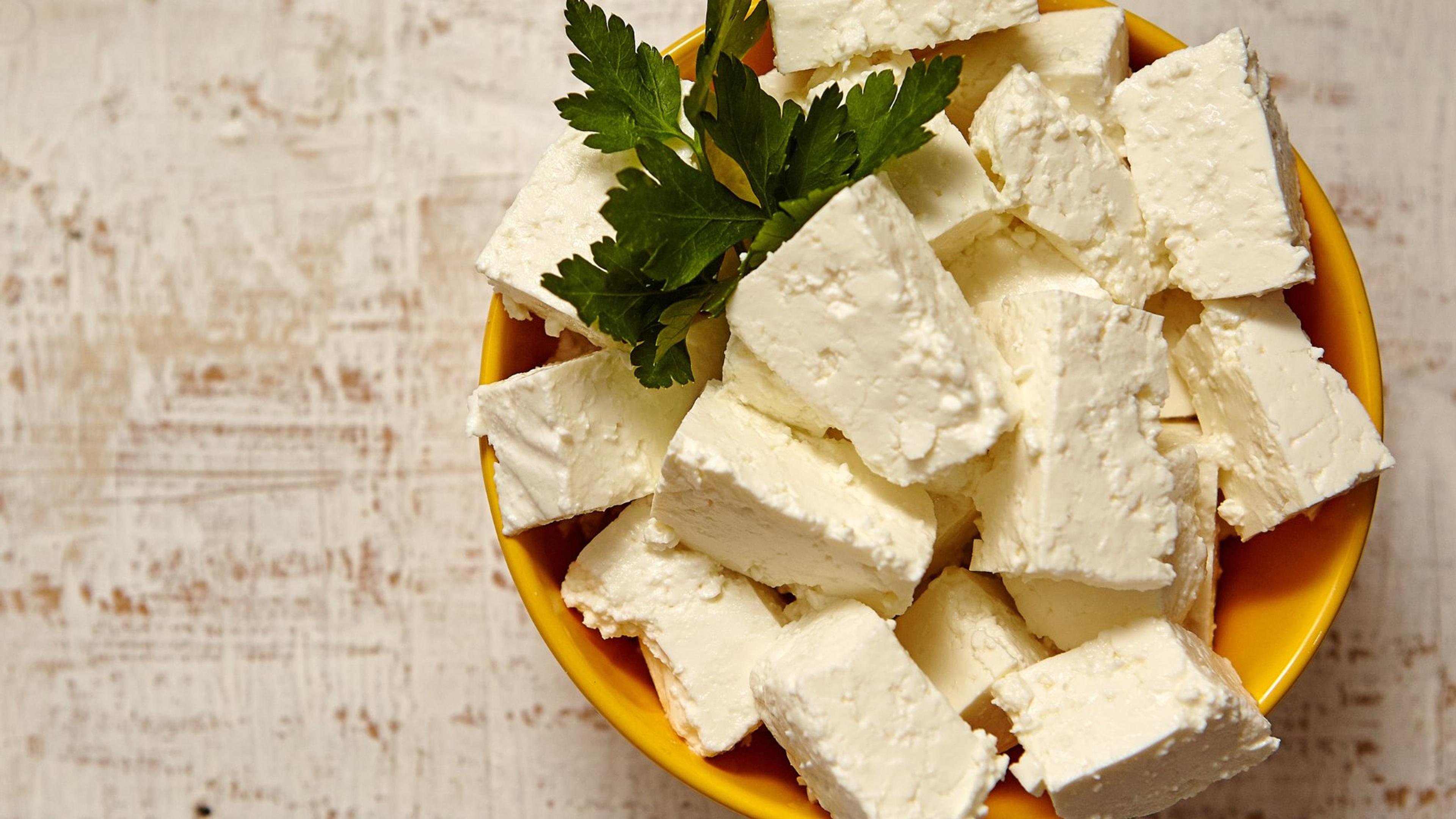
- Cheeses made from plant-based alternatives such as microbial or vegetable rennet are also vegetarian-friendly.
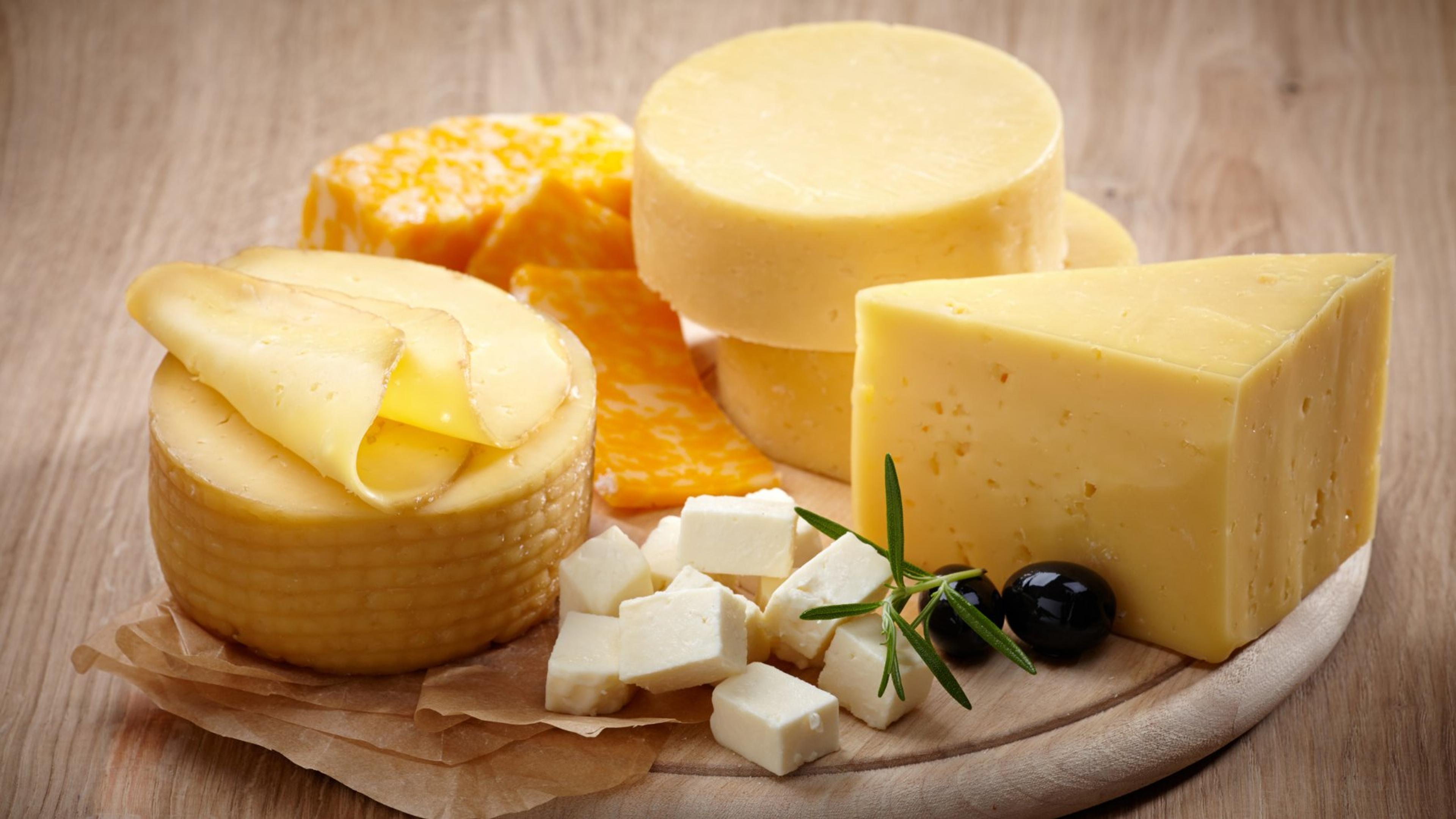
- Some popular vegetarian-friendly cheese options include feta, halloumi, brie, camembert, and goat cheese.
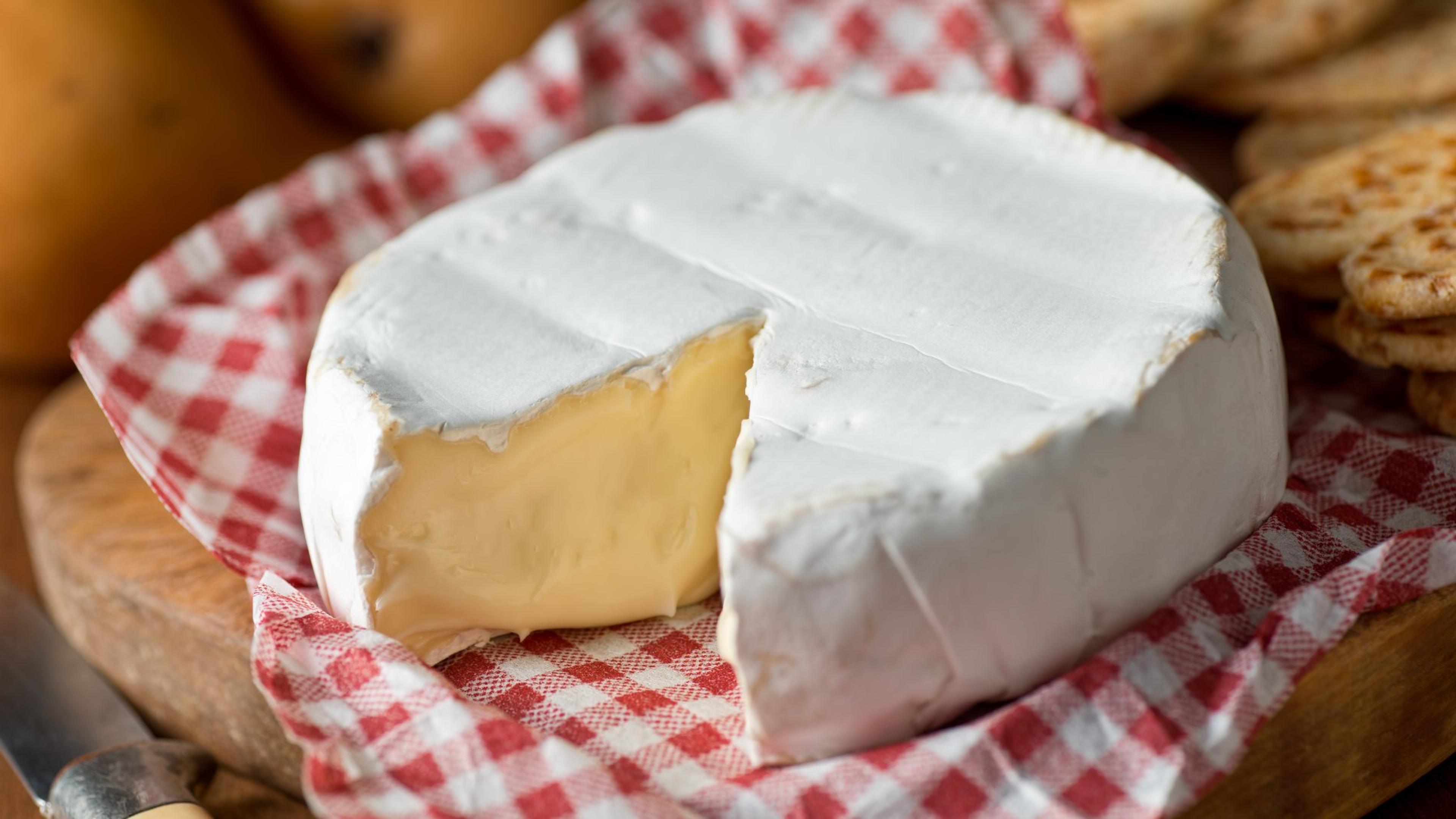
- Hard cheeses like Gouda and Edam are often produced using microbial or vegetable rennet, making them suitable for vegetarians.

- Many supermarket brands now offer a range of vegetarian-friendly cheeses labeled as such. It is important to read the ingredients list carefully to ensure that the cheese does not contain animal rennet or any other non-vegetarian ingredients.
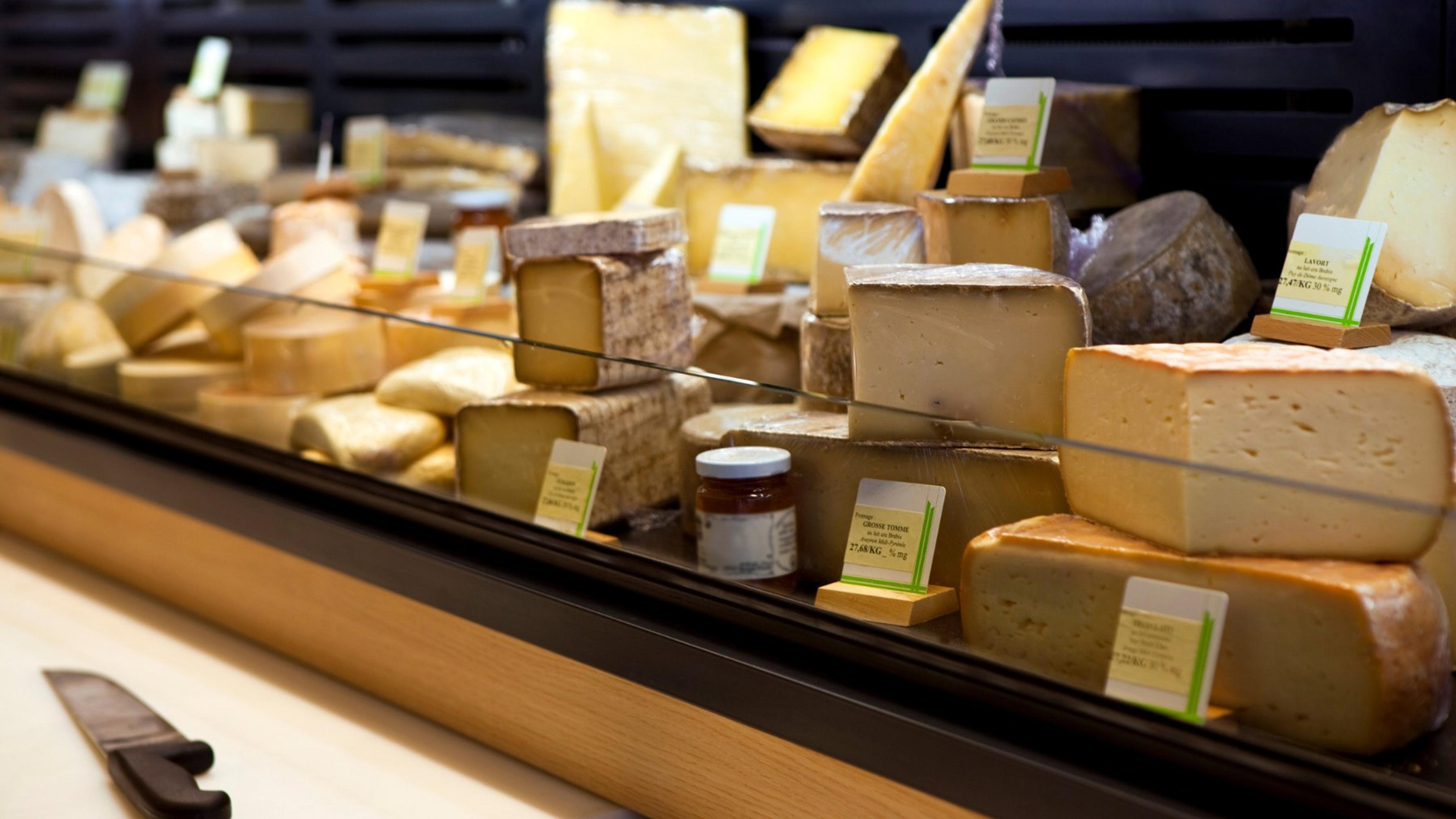
Reading Cheese Labels
When reading cheese labels, look for indications that the cheese is vegetarian-friendly and free from animal rennet.
To determine if cheese is vegetarian-friendly, one should look for labels that indicate the use of vegetarian-friendly ingredients. Some packaging may have a 'suitable for vegetarians' or 'V' label to make it easier for consumers.
It's important to note that not all cheeses labeled as vegetarian are completely dairy-free, as they may still contain other animal products like eggs or milk fat. Reading the ingredient list carefully can help identify any potential non-vegetarian components in the cheese.
Additionally, certain traditional European cheeses like Parmesan and Gorgonzola are made with animal rennet and are not considered suitable for vegetarians. So it's crucial to be mindful and thorough when choosing cheese options as a vegetarian foodie.
Supporting vegetarian-friendly cheese brands
It's important to support vegetarian-friendly cheese brands for those who follow a vegetarian diet. Look for labels that indicate the cheese is suitable for vegetarians or has a 'V' label, ensuring it doesn't contain animal-derived rennet.
The 2021 List of Vegetarian Cheeses and Brands can be a helpful resource in finding these options. By choosing cheeses made with non-animal rennet, you can enjoy your favorite dairy products while staying true to your dietary preferences.
The Vegetarian Society also provides valuable resources on vegetarianism, including information on vegetarian recipes and nutrition. Remember to read the labels carefully and make informed choices to ensure you're getting the best options for your vegetarian lifestyle.
Conclusion
In conclusion, while not all cheese is suitable for vegetarians, there are definitely options available for those following a vegetarian diet. It's important for vegetarians to read cheese labels carefully and look for cheeses made with vegetarian rennet or microbial enzymes.
By choosing the right cheeses, vegetarians can still enjoy this delicious dairy product without compromising their dietary choices.
FAQs
1. Can vegetarians eat cheese?
Yes, many vegetarians do consume cheese as it is derived from milk and does not involve the direct killing of animals. However, some vegetarians choose not to eat cheese due to ethical reasons or health concerns.
2. Is all cheese vegetarian-friendly?
Not all cheeses are vegetarian-friendly as some types may contain animal-derived ingredients such as rennet. Vegetarian-friendly cheeses are typically made with microbial or vegetable-based rennet alternatives, making them suitable for those who follow a vegetarian diet.
3. What are some popular vegetarian cheese options?
There are numerous vegetarian cheese options available in the market today, including cheddar, mozzarella, feta (made without animal rennet), halloumi, and goat cheese (if made with vegetarian rennet). These cheeses can be enjoyed by vegetarians in various dishes and recipes.
4. Are there vegan alternatives to traditional dairy-based cheeses?
Yes, there are vegan alternatives to traditional dairy-based cheeses that cater specifically to those following a plant-based diet. These vegan cheeses are usually made from plant sources such as nuts (e.g., almond or cashew) or soy products and offer similar textures and flavors to conventional dairy cheeses but without any animal-derived ingredients.

